His pair of fast-closing races to the podium in Paris earned Grant Fisher a hometown parade in Grand Blanc, Michigan. (JIRO MOCHIZUKI/AGENCE SHOT)
IT’S AN AMERICAN tradition for towns lucky enough to boast an Olympic medalist: the speeches, the proclamations, the parade, the christening of the track, the endless autographs. Such was the welcome that Grand Blanc, Michigan, rolled out in September for favorite son Grant Fisher, the Olympic bronze medalist in both the 5000 and 10,000.
“This community and this track have left its mark on me,” Fisher told a standing-room only crowd. “And I hope that I’ve made my mark on it.”
Fisher’s route to becoming a hometown hero would not have happened without his making a very bold decision. A year ago, he found himself frustrated. At both the Olympics and the Worlds, he had made global finals in the 5000 and 10,000, but he placed no higher than his 4th in Eugene, when he missed the podium by just 0.17 seconds. Then, in the ’23 season, he missed making the U.S. team in the 10,000 by less than a second and withdrew from the 5000, hurt. After all the sacrifices, all the miles of training, it was hardly the payoff he had dreamt of.
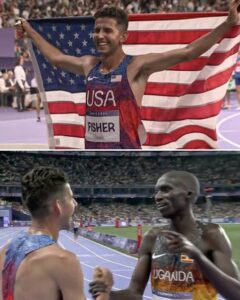
The American Record holder in both events decided to leave the Nike Bowerman TC and forge his own future, returning to his roots.
Mike Scannell got the call while on the golf course. A longtime family friend, he had run with Fisher’s father, Dan, at Arizona State, and had coached the younger Fisher during a prep career that saw him win two Foot Locker national XC titles and in ’15 become the seventh U.S. high schooler to break 4:00.
Now Fisher was asking to work with him again. “The first thing I said was, ‘When?’” says Scannell. “I didn’t hesitate.”
“When I sat down with Mike,” recounts Fisher, “there was one goal for the whole season: it was the podium in Paris. And there were a lot of smaller goals along the way. One was the indoor season and trying to get an American Record, to really test to see if our new system had been working.”
The training plan was a departure from what Fisher had been doing with previous coach Jerry Schumacher. “Mike had never trained someone at my caliber before and I wanted to tweak a few things in training, so it was unproven.
“So the winter season was proof of concept [though he missed former training mate Woody Kincaid’s indoor 5000 AR by just 0.23 with his 12:51.84]. Then the next goal was to make the team and win USAs and we got that done. Then the final goal was getting on the podium and we got that done too. I hit all the goals so it was about as good as it could have gone… I think we optimized pretty much everything we could.”
Scannell, of course, is having the time of his life with the process. “Fun is a complete understatement,” he says. “He’s more to me than just another kid to coach. It’s a special relationship that I have with Grant and I feel his success at a deeper level.”
After the Paris 5000 final, Scannell adds, “All by myself in the hotel room at 5 a.m. after going out and all that, and the thing that went through my mind, honestly, was ‘Holy crap. It worked.’ I mean, we laid out all this stuff and said, ‘You know, this should work.’ Holy cow, what are the chances?”
Of course, the coaching dynamics between the two have changed greatly. Fisher is 27 now. He says, “When we were in high school, we didn’t know anything about running. Mike had to teach us the basics: this is how you do an easy run, this is what a tempo means, all those things. We were much more listeners back then, whereas now I give Mike a ton of feedback… It’s a lot more collaborative now.”
Beyond the training changes, Fisher’s fans saw him racing with more confidence in the crucial final laps of championship races. He says, “There’s only so much you can do if you’re not fit, so the fitness was the prerequisite. But then the decision-making within the race — we worked on it a lot this year. We talked about it a lot, we simulated stuff in practice… You kind of get used to reacting and responding when you’re really tired and not thinking well.”
Fisher does much of his hard training alone, though he credits Rio Olympic 1500 champion Matthew Centrowitz with jumping into a lot of his workouts. “He lives in Park City [Utah], where I live. That’s been super helpful. And I do easy runs with other people all the time. But I don’t have traditional training partners. I think if the right person came around, I would enjoy having someone there. But I really enjoy being able to do it by myself and just being able to change things really rapidly if I need to.”
Winning his medal in the 10,000 was monumental. Going for one in the 5000 was a slightly different dynamic. “The motivation was still high and the hunger was high. But the pressure was low. If I had a really bad race, I would have still had a medal to take home. I had accomplished one of my major goals and was just trying to double down on it. It was only a bonus at that point in my eyes.
“I was trying to get my body back in one piece. You feel the 10K/5K double the worst in the 5K prelim. And if you can buy yourself an extra 2-3 days before the final, that goes a long way. The hunger and the motivation were great because I tasted what a medal was like. I had wanted that for so long and I wanted it again.
“You only have so many shots at it, especially at the Olympic level. I have a 4-year wait until I have another chance to do something. So I knew I needed to just give it my everything. If I fell flat on my face in the 5K, so be it.”
Scannell, ever-analytical, is focused on eliminating some of the weaknesses the two spotted during the campaign. “For example, getting dropped in the [Olympic] 5K wasn’t part of the plan. We need to address that a little bit this year. We’ve already talked about what changes in training will be made and it’s honestly more tempo and sub-tempo work so that he can run a long distance without really running hard.”
Yet the coach is very aware who he is working with: “He’s a phenomenon. It’s just wild, and honestly, his greatest strength is his brain.”
Fisher says he couldn’t be happier, but he still wants more. “The only thing that could have gone better this year is if I had a silver or gold medal right now, and those are really hard to get. I don’t want to get too greedy but there’s little things we’re going to tweak this coming year, just slight differences in training. The changes are small at this point, though. I really like the system and I’m confident that it will work again next year. Maybe the little tweaks will get me a little higher on the podium.”
And then he gets pulled away for more hometown festivities: “We still have the parade,” he says over his shoulder on his way out.
Jeff Hollobaugh is a writer and stat geek who has been associated with T&FN in various capacities since 1987. He is the author of How To Race The Mile. He lives in Michigan where he can often be found announcing track meets in bad weather.
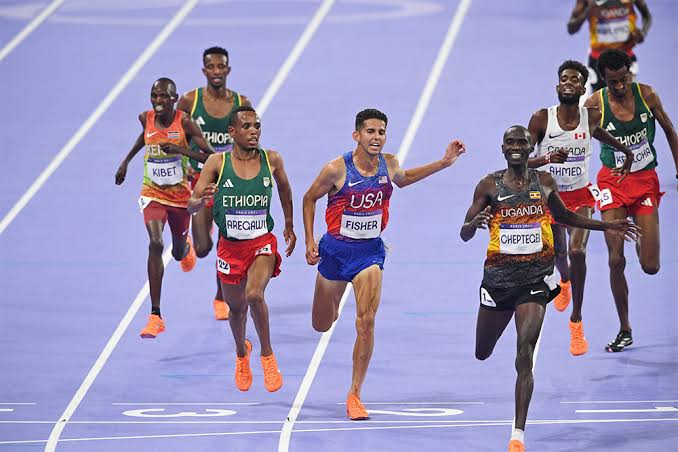
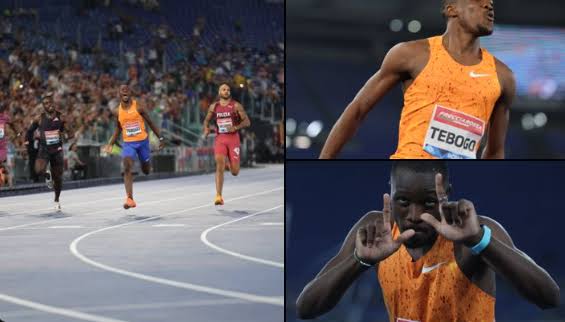
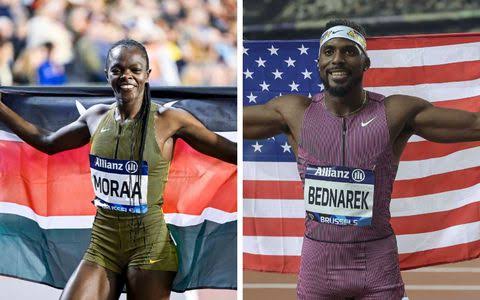
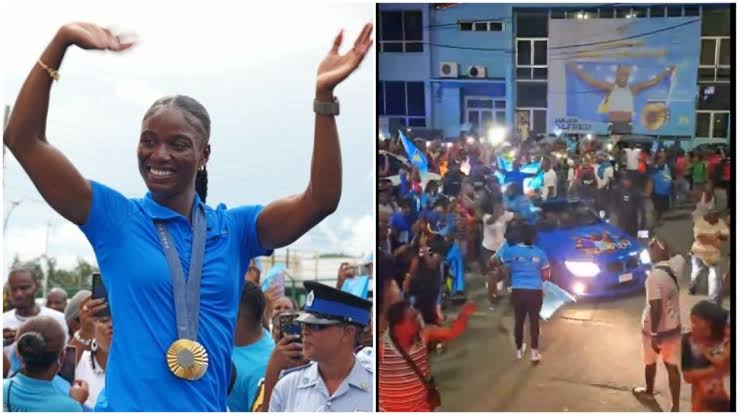
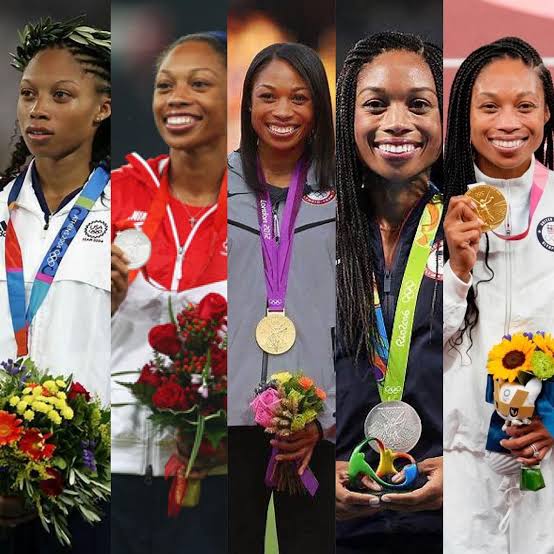
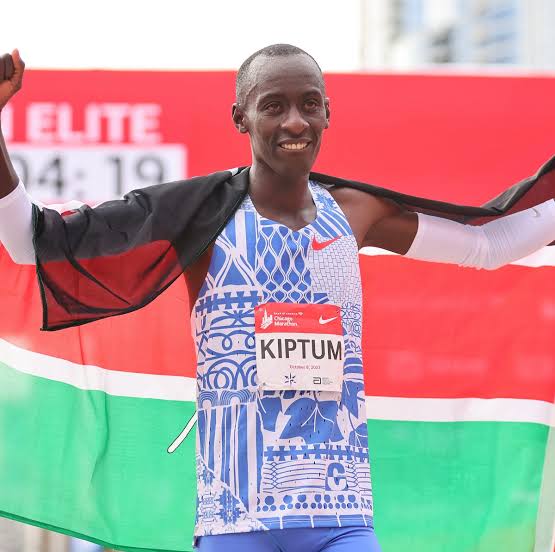

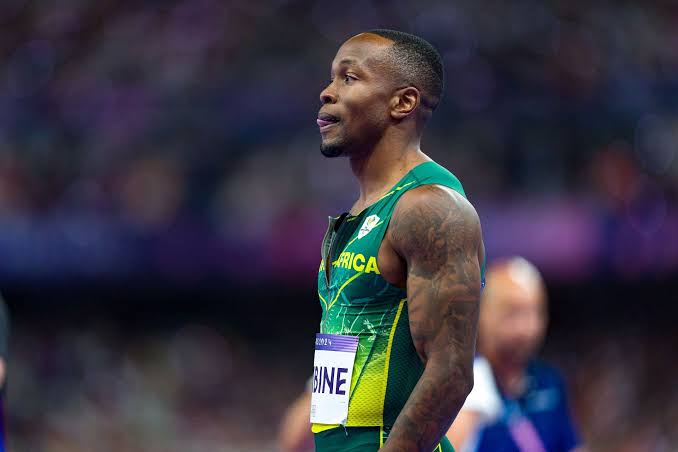
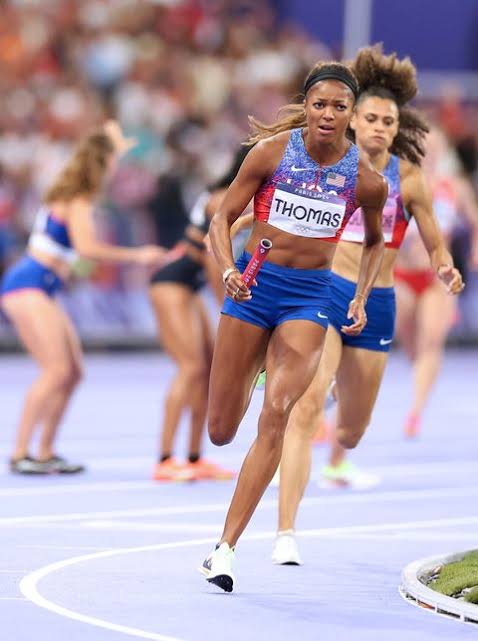
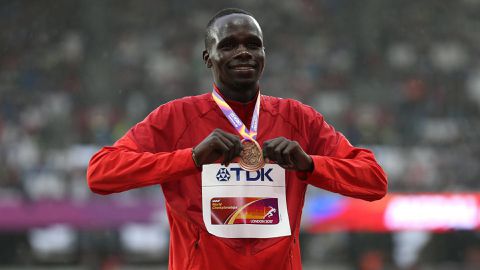
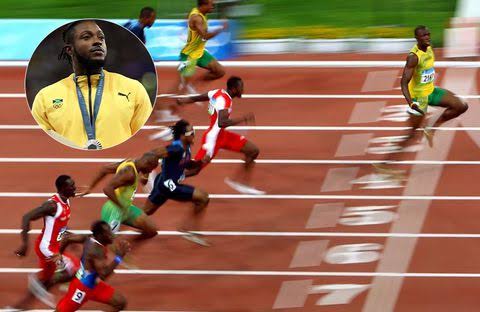

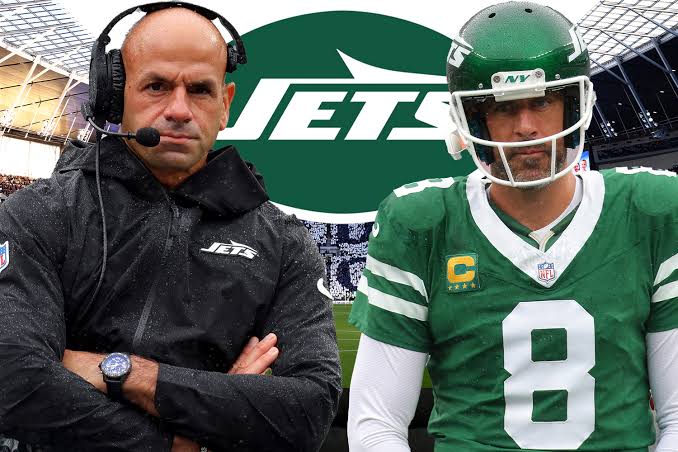
Leave a Reply